 The following is a guest blog by Caleb Wheeler. Caleb is, in his own words, a man who grew up to be a kid and is lucky filmmaking is little more than recess that takes itself seriously. This is a piece on the importance of truly letting your eyes be a window to your soul.
The following is a guest blog by Caleb Wheeler. Caleb is, in his own words, a man who grew up to be a kid and is lucky filmmaking is little more than recess that takes itself seriously. This is a piece on the importance of truly letting your eyes be a window to your soul.
Acting should be easy, right? It’s like playing dress-up with a little more intentionality behind it. If that were actually true, we’d all act and the pool would be that much thicker to wade through in finding the greats. So what separates the Laurence Oliviers from the Pauly Shores? Usually a semester or two at Juilliard, or just basic talent, but even more so it’s a muscular conditioning of the extraocular variety. Yes, the eyes are without a doubt the most important physical aspect of an actor’s ability to embody a character. Don’t believe me? Go back and watch Rutger Hauer in Blade Runner, Jack Nicholson in Chinatown or Heath Ledger in The Dark Knight, for that matter. All of these performances are bolstered by the intensity, discrepancy and overall directionality of the eyes. Admittedly there’s an entire body to go along with them, but every presentation has its focal point and the eyes tend to standout in the most standout performances.
The actual movement of the eyes reveals intent or contempt, love or hate, truth or mistruth. The best actors can communicate a myriad of emotions in only a few moments with their eyes. After years of directing all shapes and sizes, I finally asked an actor if my fascination and effectively higher standards for eye-performance was warranted. He told me it’s one of the most basic principles that, for the most part, goes unspoken. See, it’s like watching the NBA and saying, “wow, he’s an amazing dribbler!” Instead you’re just waiting for a dunk. The dribbling is seen, it’s registered, but is also gone unmentioned. Why? Because it’s rudimentary, a foundation. The eyes are always there, and even the most exceptional ocular effectuation is invisible simply because it’s so good. The best kind of acting is that which either goes unnoticed or becomes immortalized. Philip Seymour Hoffman as Truman Capote or Brando’s Don Corleone were both understated, with eyes that barely moved for all the weight these characters carried around their necks. In contrast, Daniel Day-Lewis in There Will Be Blood and Charlize Theron in Monster were accentuated, darkly-spirited performances in which the eyes were more carnal, frustrated and deadly bright.
In the same ways the eyes can seal a truly great performance, so can they undo the less honest ones. I’m not such a vicious critic that I’d list examples of poorer actors so cavalierly as I did the greater ones, but I’d encourage anyone interested in my theory to go back and vivisect any performances you consider to be truly bad. Watch the eyes. Watch where they track. Watch how they vibrate or else awkwardly dart from place to place. The most telling moments will be when these actors are not delivering dialogue but are instead giving silent reactions. In situations of tension the truer eyes will remain focused, unmoving and almost three-dimensional in their potency while the untruer will glaze in and out of attention, thinking more about the script or what’s for lunch than the world of the scene.
So, be you actor, director or casting manager, keep in mind the windows to the soul may in fact be the windows to your character as well.

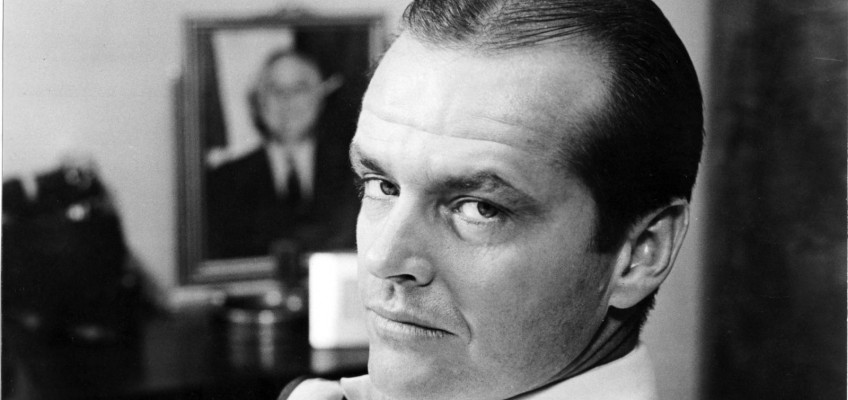
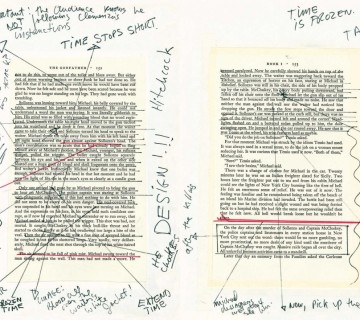
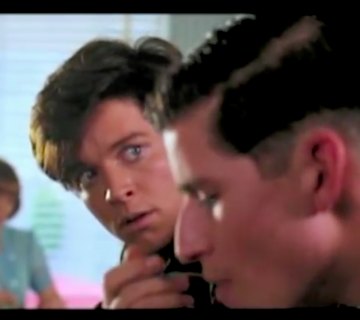
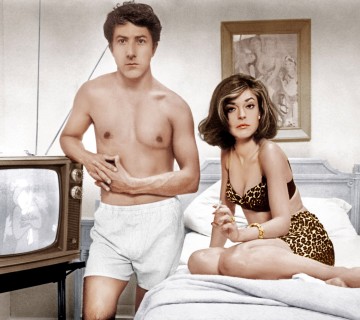

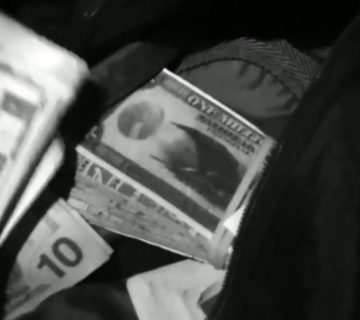


Join the Conversation →